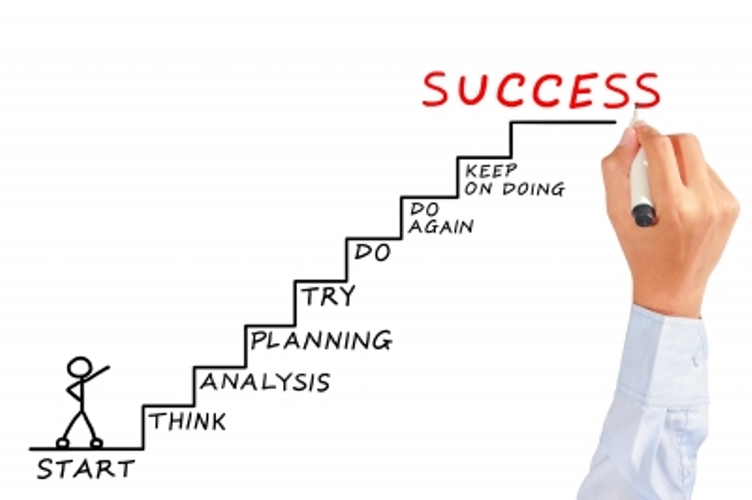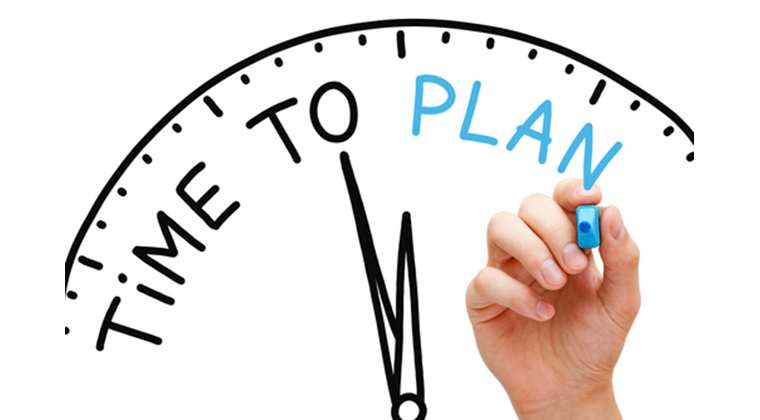The pursuit of a fulfilling and purposeful life involves not only personal aspirations but also the integration of professional goals into the broader landscape of one’s life plan. In this exploration, we delve into the strategies for aligning career aspirations with overall life planning, and we unravel the intricate concept of work-life balance as a cornerstone for a truly enriching life.
Aligning Career Aspirations with Life Planning:
1. Define Your Values and Priorities:
- Before mapping your career path, it’s crucial to define your core values and priorities. Consider what matters most to you in life—whether it’s family, personal growth, social impact, or financial stability. This foundational understanding will guide your career choices.
2. Craft a Long-Term Vision:
- Envision your life in the long term, encompassing both personal and professional realms. What role does your career play in this vision? How does it contribute to your overall sense of fulfillment and well-being? Crafting a clear vision will serve as a compass for your career decisions.
3. Set S.M.A.R.T. Career Goals:
- Break down your career aspirations into Specific, Measurable, Achievable, Relevant, and Time-bound (S.M.A.R.T.) goals. This strategic approach ensures that your professional endeavors align with your broader life plan and remain actionable.
4. Regularly Assess and Adjust:
- Life is dynamic, and so are career aspirations. Regularly assess your professional goals in the context of your evolving life plan. Be open to adjustments and refinements as your priorities shift over time.
5. Seek Professional Development Opportunities:
- Aligning your career with your life plan often involves continuous learning and growth. Actively seek professional development opportunities that align with both your short-term career goals and long-term life vision.
The Crucial Concept of Work-Life Balance:
1. Defining Work-Life Balance:
- Work-life balance is a delicate equilibrium between professional responsibilities and personal well-being. It encompasses the allocation of time, energy, and focus to both work-related activities and personal life, fostering overall satisfaction and fulfillment.
2. Recognizing Individual Needs:
- Work-life balance is highly individualistic, as what constitutes balance varies from person to person. Understanding your own needs, boundaries, and priorities is paramount in achieving a harmonious integration of work and life.
3. Establishing Boundaries:
- Set clear boundaries between work and personal life. Define designated work hours, and when those hours conclude, consciously shift your focus to personal activities. Establishing these boundaries fosters a sense of structure and prevents professional responsibilities from encroaching on personal time.
4. Prioritizing Self-Care:
- Work-life balance necessitates prioritizing self-care. Whether it’s exercise, leisure activities, or spending quality time with loved ones, incorporating self-care practices into your routine is essential for maintaining balance and overall well-being.
5. Embracing Flexibility and Adaptability:
- Achieving work-life balance requires flexibility and adaptability. Recognize that life is dynamic, and there will be periods when work demands more attention, as well as times when personal matters take precedence. Embracing flexibility allows for a more fluid integration of work and life.




